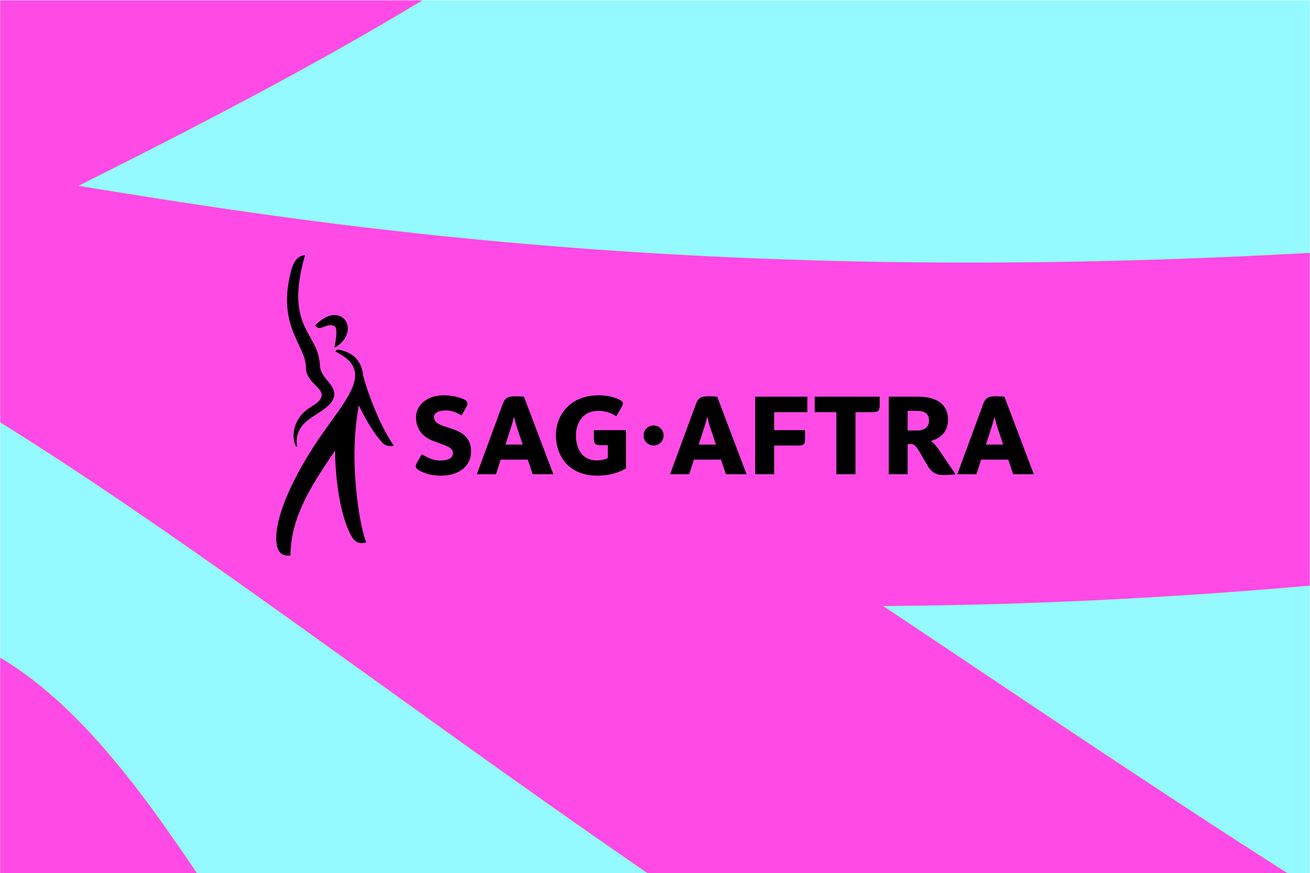Concerns over the Use of Artificial Intelligence in New SAG-AFTRA Agreement
The ongoing labor strike by SAG-AFTRA, a union representing actors, seems to be coming to an end with a new tentative agreement with the AMPTP. However, there is a cause for concern in the contract’s verbiage regarding the use of artificial intelligence (AI).
The Inclusion of AI in Entertainment
Artificial intelligence has become increasingly prevalent in various industries, including entertainment. In the past, AI has been used in video games, movies, and television shows to enhance the overall experience for audiences. However, the use of AI in the entertainment industry raises concerns about job security for human actors and the future of their roles.
Key Points in the New Agreement
- 1. AI in Entertainment: The new agreement includes provisions for the use of artificial intelligence in the entertainment industry.
- 2. Concerns about Job Security: Some members of SAG-AFTRA are concerned that the use of AI may result in a decrease in job opportunities for human actors.
- 3. Control and Compensation: The agreement specifies that performers have the right to negotiate terms and conditions for AI performances and should be reasonably compensated for the use of their performances in AI technology.
- 4. Guidelines for AI Usage: The agreement also establishes guidelines for the use of AI, including transparency in advertising and promotion, to ensure that AI performances are not misleadingly presented as human performances.
Concerns from SAG-AFTRA Members
Despite the inclusion of AI in the agreement, some SAG-AFTRA members remain concerned about its impact on their industry. Many fear that the use of AI technology may lead to job losses and a decreased demand for human actors. Additionally, there are worries that performers’ rights and compensation for AI performances may not be adequately protected under the new agreement.
Job Security in the Face of AI
One of the main concerns surrounding the use of AI in the entertainment industry is its potential impact on job security for human actors. As AI technology advances, there is a possibility that AI-generated performances could replace human actors in certain roles. This has raised questions about the future demand for human actors and whether pursuing a career in the industry is still viable.
Protecting Performers’ Rights and Compensation for AI Performances
Another concern revolves around the protection of performers’ rights and compensation for AI performances. While the new agreement does recognize the performers’ right to negotiate terms and conditions for AI performances, there is skepticism about whether these protections will be adequate. SAG-AFTRA members worry that the compensation for AI performances may not be on par with what human actors would typically receive.




